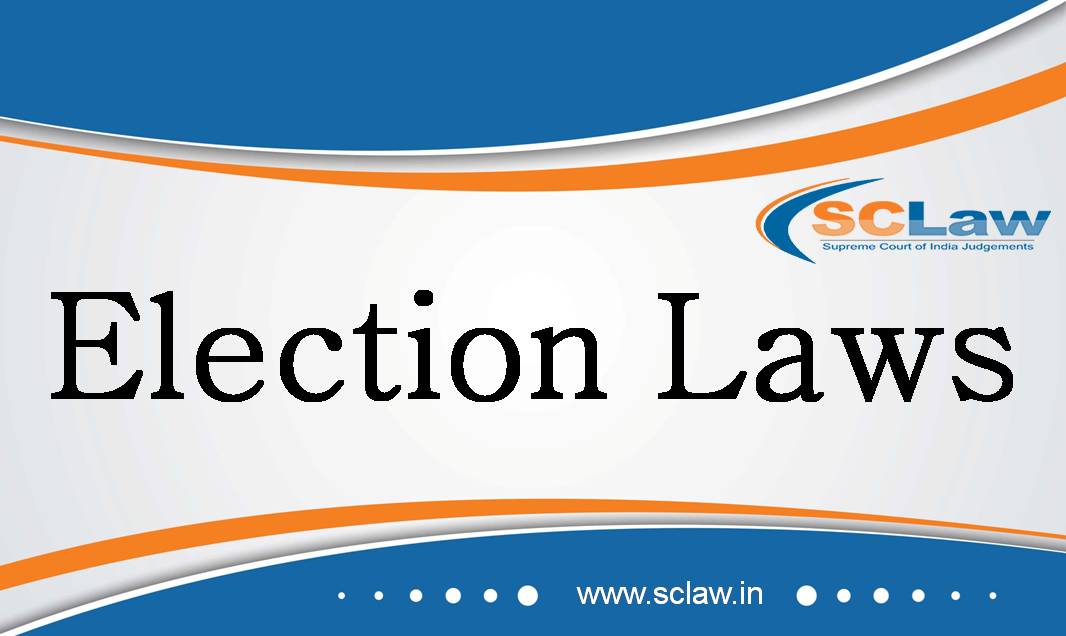EVM and VVPAT – Reliability – The petitioners challenged the reliability of Electronic Voting Machines (EVMs) and Voter Verifiable Paper Audit Trail (VVPAT) systems, suspecting potential manipulation and demanding transparency in the voting process – The core issues revolved around the integrity of EVMs, the adequacy of VVPAT verification, and the fundamental right of voters to know their votes are correctly recorded and counted – Petitioner argued for a return to paper ballots, provision of VVPAT slips to voters, or 100% counting of VVPAT slips alongside electronic counts, citing concerns over EVM transparency and voter confidence – The Election Commission of India (ECI) defended the EVMs’ success in ensuring free, fair, and transparent elections, highlighting technological safeguards against tampering and the benefits over paper ballots – The Court upheld the current EVM and VVPAT system, dismissing the petitions and suggesting improvements for transparency without disrupting the ongoing electoral process – The Court relied on past precedents, the ECI’s robust procedures, and the absence of cogent material evidence against EVMs to reject the petitions – The judgment referenced constitutional provisions, electoral laws, and previous rulings to support the ECI’s position and the current electoral practices – The Supreme Court concluded that the EVMs and VVPAT systems are reliable, and the petitions were dismissed based on the lack of substantial evidence against the current electoral process.
2024 INSC 341 SUPREME COURT OF INDIA DIVISION BENCH ASSOCIATION FOR DEMOCRATIC REFORMS — Appellant Vs. ELECTION COMMISSION OF INDIA AND ANOTHER — Respondent ( Before : Sanjiv Khanna and…


